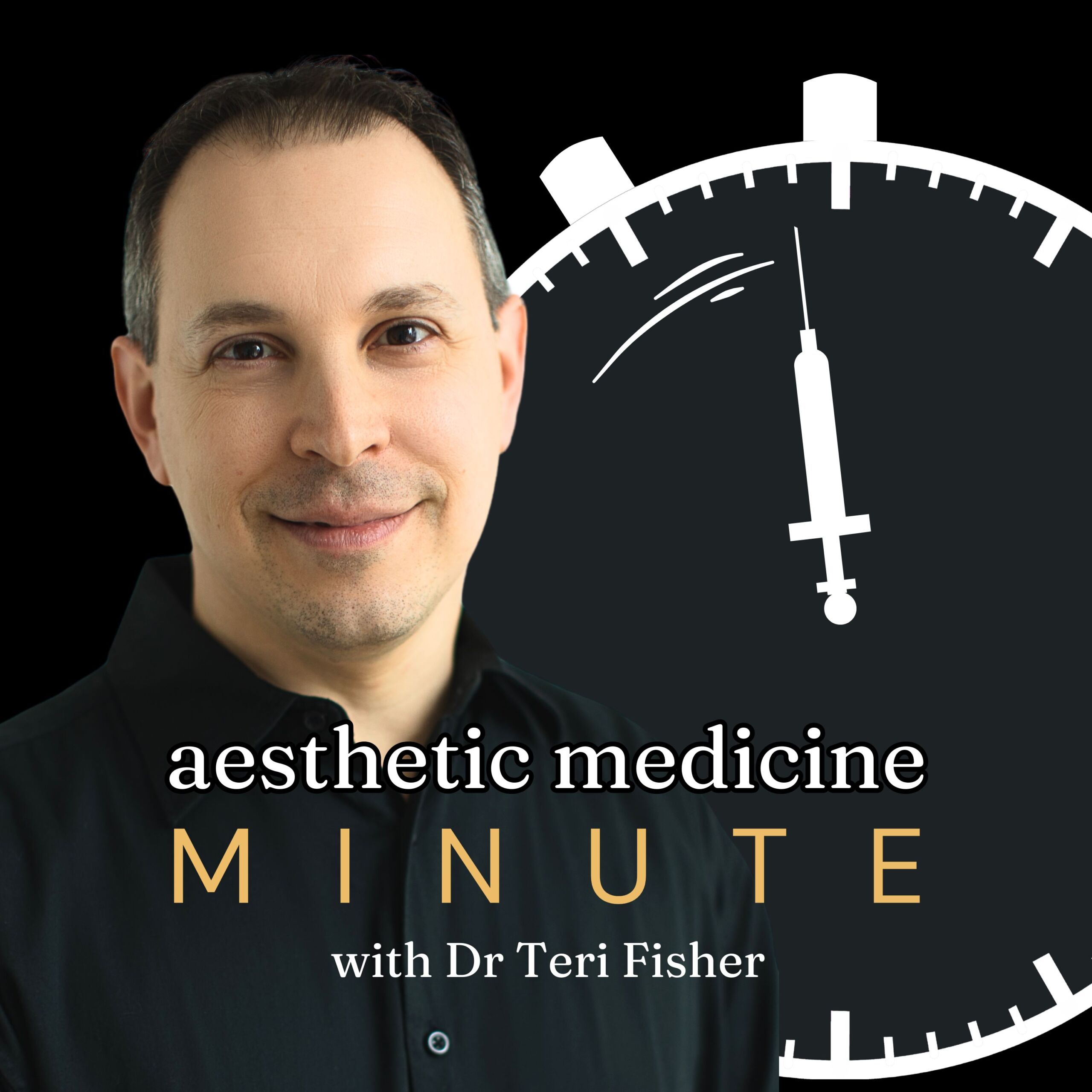
AMM 164: Medical Aesthetics Surging in Malaysia: Study Insights Revealed
August 09, 2024
This episode sheds light on a pivotal study examining public knowledge and attitudes toward medical aesthetic practices in Malaysia. Through a detailed analysis of responses from 382 participants, the research uncovers high awareness and generally positive attitudes toward these services despite a majority lacking personal experience. It also highlights a surprising trend where higher value placed on physical attractiveness does not necessarily translate to favorable views on medical aesthetics. The episode emphasizes the urgent need for better public education and stricter regulations to prevent adverse outcomes from unqualified practitioners. Join us to explore the intricate landscape of medical aesthetics in Malaysia and the evolving discourse surrounding public perception and safety.
Quick Takes
- The study on medical aesthetic practices in Malaysia highlighted in the ‘Malaysian Family Physician’ journal presents intriguing insights.
- Majority of the participants in the study were women, predominantly Malay and Muslim, with most displaying good knowledge and positive attitudes towards medical aesthetic services.
- There is a growing interest in medical aesthetics in Malaysia, emphasizing the need for increased public awareness and stringent regulations to ensure public health safety in cosmetic medical practices.
Episode Transcript
Today on August 9, 2024, we delve into a significant aspect of Malaysia—a nation seeing rapid growth in medical aesthetic practices yet facing extensive challenges concerning public awareness and attitude toward these procedures. The recent study published in the ‘Malaysian Family Physician’ journal presents some intriguing insights.
Led by researchers like Ernieda Md Hatah from the Faculty of Pharmacy at University Kebangsaan Malaysia, and Allan Teck Hoang Yong from W Clinic, alongside other contributors such as Richard Kwong Fai Ng from Clinic RX, the study embarks on a cross-sectional analysis conducted from December 2021 to May 2022 among Malaysians aged 18 years and older.
The findings are quite revealing: of the 382 participants, the majority are women, predominantly Malay and Muslim. Despite 68.1% of them not having any prior experience with medical aesthetic treatments, there’s a surprisingly high level of knowledge with 76.2% displaying good understanding, and 70.2% holding positive attitudes towards medical aesthetic services. Interestingly, physical attractiveness, though highly valued by over half of the respondents, showed a negative correlation where those placing higher importance on looks were actually less likely to view medical aesthetic services positively.
This study underscores the burgeoning interest in medical aesthetics which, despite recent reports of adverse outcomes from procedures conducted by unqualified practitioners, points towards an urgent need for heightened public awareness and stringent regulations to safeguard public health in cosmetic medical practice.
In conclusion, while Malaysia shows promising enthusiasm and openness towards enhancing personal aesthetics, this bridges directly with the need for robust educational frameworks and regulatory oversight to ensure safe and informed decisions in aesthetics procedures. As this field continues to evolve rapidly, the demand for it highlights an essential blend of cultural, ethical, and medical considerations that must be carefully balanced.
